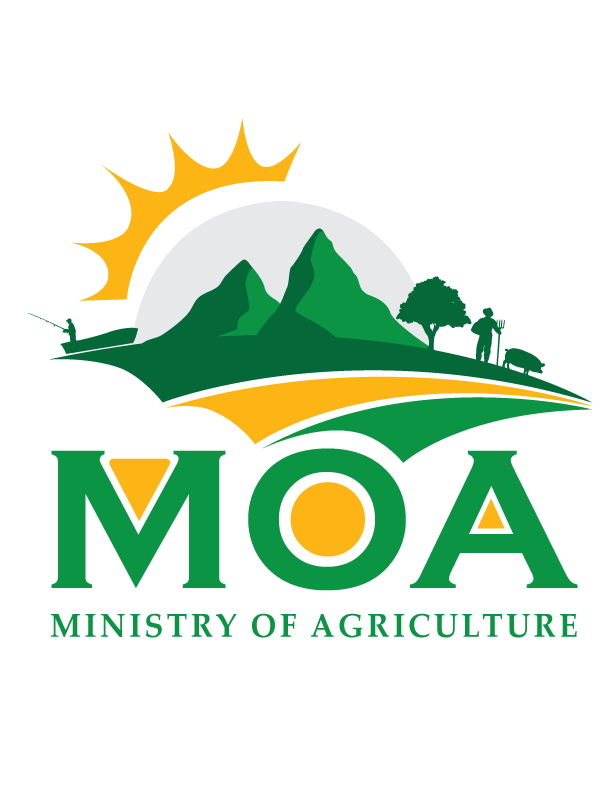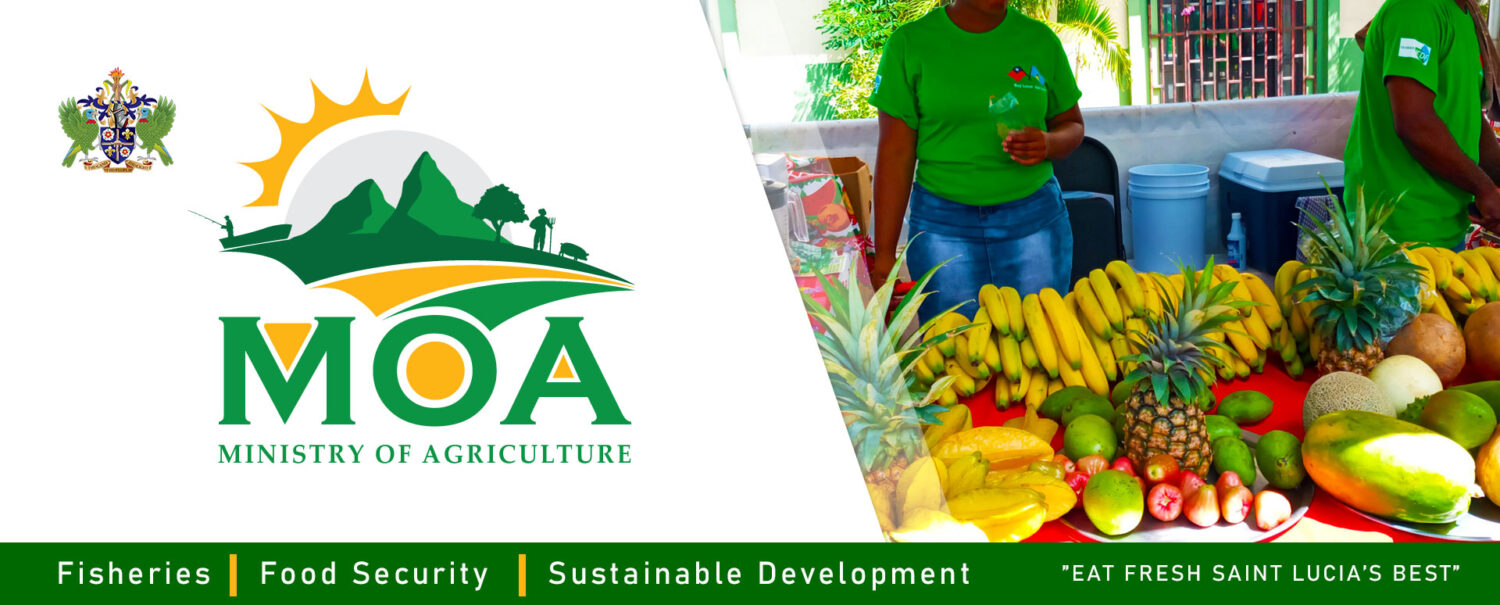
IICA and MOA partner on ASF Sample Collection and Surveillance Pilot
May 21, 2025
IICA strengthens regional animal health systems with an African Swine Fever (ASF) surveillance pilot for Saint Lucia and Saint Vincent and the Grenadines, enhancing detection, response, and prevention efforts.
This week, the Inter-American Institute for Cooperation on Agriculture (IICA) conducted an African Swine Fever (ASF) technical training meeting for officers of the Veterinary and Livestock Services Department of the Ministry of Agriculture. This activity was a pilot under the African Swine Fever Surveillance and Response Capacity-Building Project for the Caribbean, Andean Region and Central America,
The training, which focused on building capacity for early detection, containment strategies, and rapid response protocols for ASF, is seen as a strategic undertaking to ensure staff are well-prepared to tackle any potential outbreak.
Minister for Agriculture, Fisheries, Food Security and Rural Development, Hon. Alfred Prospere, in expressing his satisfaction and the importance of this initiative to Saint Lucia and the wider region, says IICA’s strategic intervention is timely as the Agriculture ministry augments actions in support of the island’s food security.
As such, the model, focused on sample collection, surveillance, and response simulation activities to combat the threat of the highly contagious swine disease is fitting.
“We must treat ASF not as a distant threat, but as a real and present danger. This is why tomorrow’s field simulation focusing on sample collection and pilot surveillance is such a timely and essential and undertaking. It will test our capacity to respond, validate our protocols and identify where we must strengthen our systems.”
Meanwhile, IICA officially handed over essential surveillance and response supplies and equipment to the Ministry of Agriculture, and also spearheaded a critical field simulation exercise on selected pig farms across Saint Lucia. The simulation served as a practical test of the country’s response capabilities, allowing veterinary officers to rehearse coordinated actions in the event of a real ASF outbreak.
IICA Representative for the Eastern Caribbean States, Gregg Rawlins says initiatives such as this week’s activities, will work to boost national and regional efforts for ASF detection, response, and prevention, enhancing biosecurity and food security.
“This objective will be met by developing technical and infrastructural capabilities and to ensure effective prepare preparedness in response to the threat of ASF and other swine hemorrhagic disease emergencies. Our approach is grounded in regional and national priorities to ensure that we are food and nutrition secure. It is also aligned with the Agriculture and regional disease control frameworks, established by our collaborators, CAHFSA and CARICOM to name a few. It is built on three critical pillars, prevention, preparedness, and rapid response. As you under take the establishment, our coordinated national strategy, or response plan, which will also focus on the establishment of livilhood maintenance programs in the event of a National animal emergency or event.”
While the African Swine Fever poses no threat to human health, and there is no immediate threat to the island’s livestock sector, local leaders say it is necessary to remain proactive, skilled and prepared to take action whenever to protect Saint Lucia’s livestock industry.
This joint effort between IICA and the Ministry of Agriculture underscores the importance of regional collaboration in safeguarding animal health and agricultural sustainability in the Caribbean.


